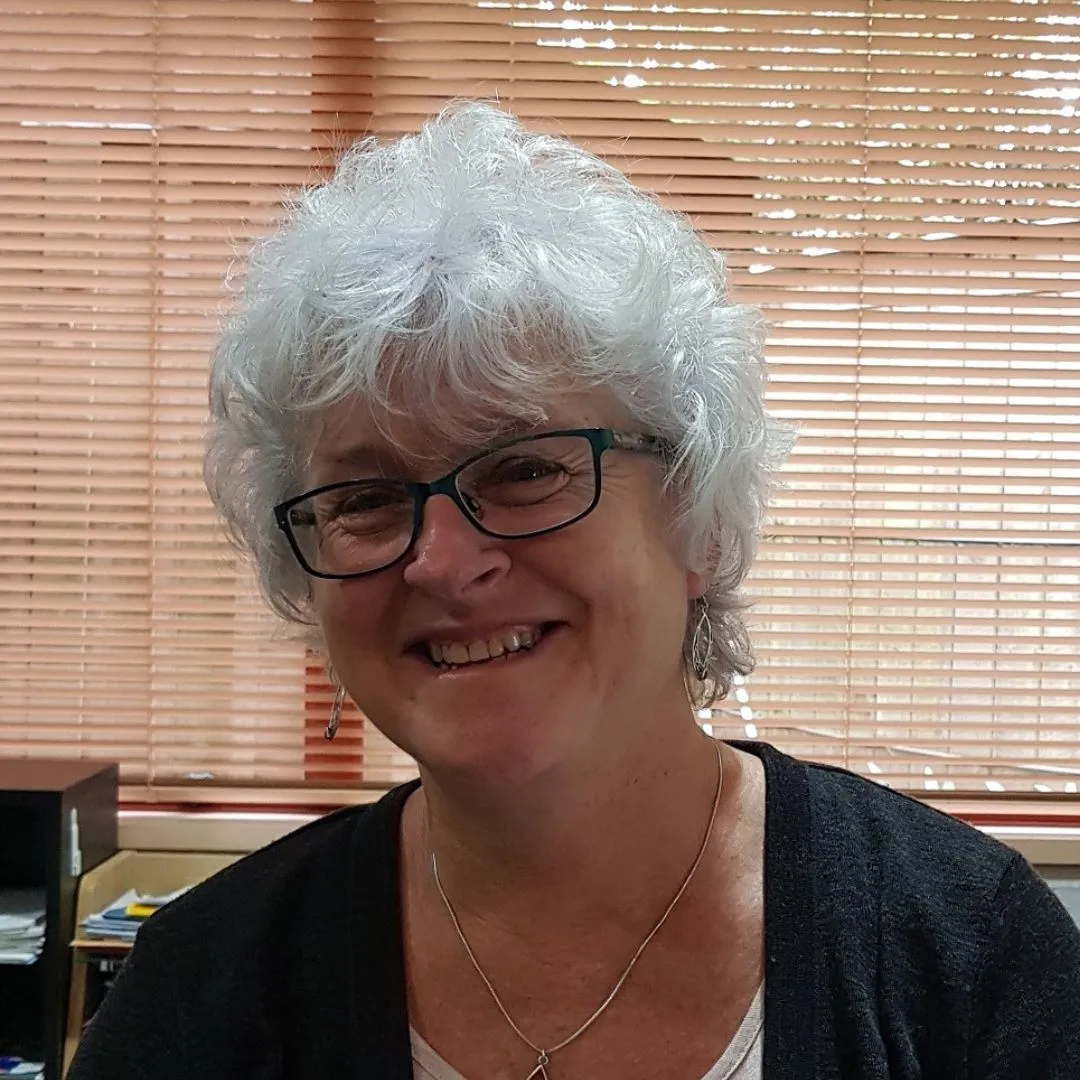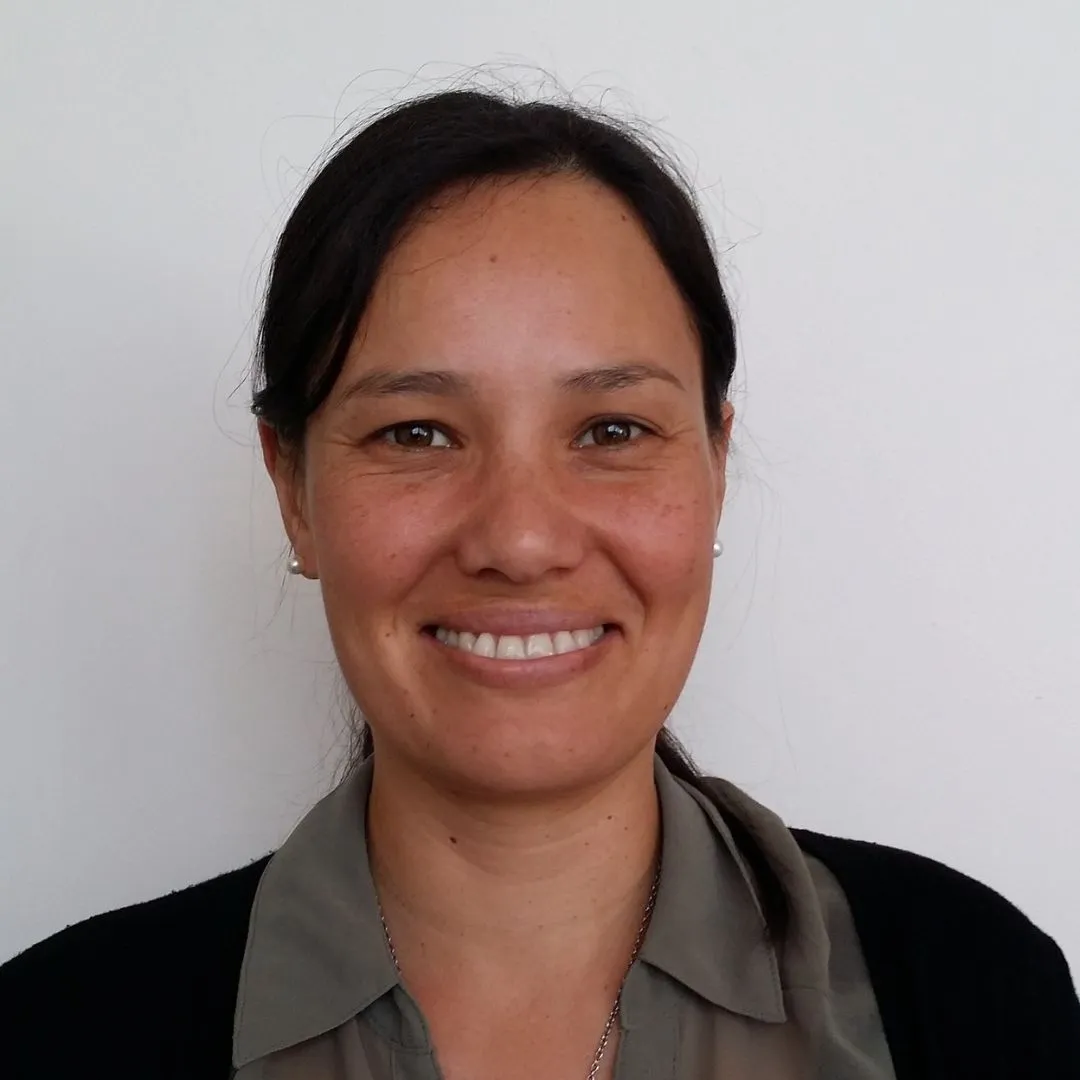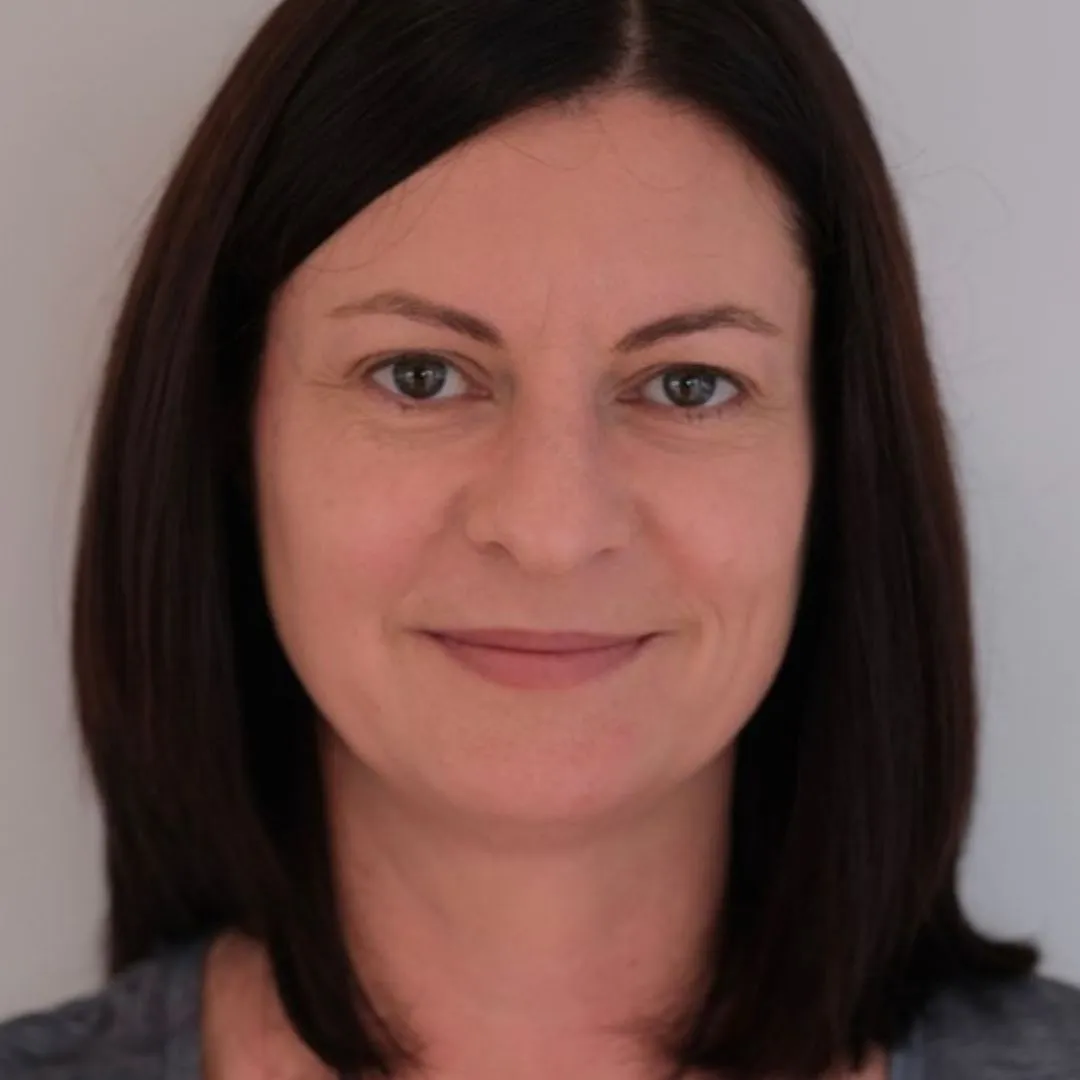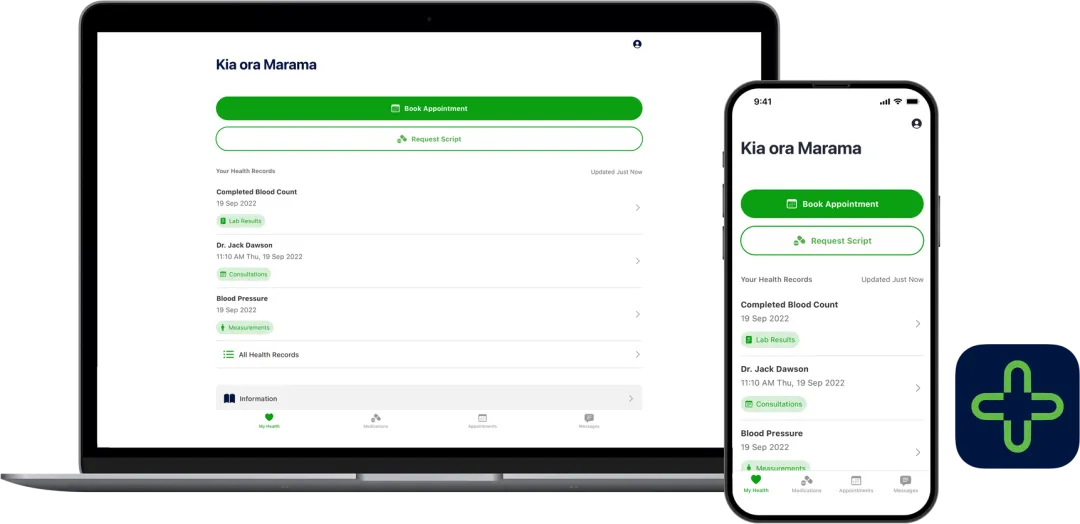The Doctors Waimauku
The Doctors Waimauku offers convenient, family-focused care close to home. Enrolled and casual patients can also access same-day acute care through our partner practice, The Doctors Huapai, making it easier to get timely care. Our experienced team of clinicians provide comprehensive support for patients. Access high-quality, accessible healthcare, from everyday check-ups and long-term condition management to specialist men’s and women’s health services. We’re proud to support the healthcare needs of our West Auckland community.
CURRENTLY CLOSED - HOURS
| Day | Time slot | Comment | ||
|---|---|---|---|---|
| Mon - Fri: | 8:00 am-5:00 pm | |||
Enrol
Enrolment Open
Requirements:
- NZ citizenship or eligible resident
- Have an NZ identity document ready

Book an Appointment
Online booking is only available once your enrolment is processed. For newly enrolled patients, please call us if you need an appointment before we’ve confirmed your enrolment.
Our acute clinic is available from The Doctors Huapai for enrolled and casual patients. The clinic is by appointment or walk-in.
We offer same-day assessments for unwell children under 13. Call us to book an appointment.
The Doctors Online
See a GP from our national team
10:30am Tomorrow
Book at a Connected Practice
Our Team

Dr Kathy McDonald

Dr Philippa Ho

Dr Catherine Fisk

Nelene de Beer

Leticia Paula
Appointment Fees
Payment T & CsEnrolled
| Age | Standard | CSC |
|---|---|---|
| 0-13 | Free | Free |
| 14-17 | $45.00 | $13.50 |
| 18+ | $65.00 | $20.00 |
| Overseas visitor all ages | $150.00 | n/a |
Casual
| Age | Standard | CSC |
|---|---|---|
| 0-13 | Free | Free |
| 14-17 | $75.00 | $60.00 |
| 18+ | $110.00 | $90.00 |
| Overseas visitor all ages | $150.00 | n/a |
Enrolled
| Age | Standard | CSC |
|---|---|---|
| 0-13 | Free | Free |
| 14-17 | $30.00 | $13.00 |
| 18+ | $40.00 | $19.50 |
| Overseas Visitor all ages | $150.00 | n/a |
Casual
| Age | Standard | CSC |
|---|---|---|
| 0-13 | Free | Free |
| 14-17 | $60.00 | $13.00 |
| 18+ | $70.00 | $19.50 |
| Overseas Visitor all ages | $150.00 | n/a |
| Service | Price |
|---|---|
| Repeat Prescription Standard | $31 |
| Controlled Drug Prescription Standard | $20 |
| Same-day Prescription Standard | $46 |
| Nurse consult | $40 |
| Overseas visitor consult | $150 |
| Blood Pressure | $24 |
| ECG | $50 |
| Liquid nitrogen | $32 |
| Complex wound management/dressings | $30-$65 |
| Excision of skin lesions | $400 |
| IUD insertion | $160 |
| Jadelle insertion | $160 |
| Driver's Licence medical | $100 |
| Cervical Smear | $50 |
| B12/iron injection | $27 |
| Depo Provera | $40 |
| Flu vaccine | $40 |
Additional charges apply for repeat prescriptions, procedures and materials.
Standard appointment fees apply for our same-day acute clinic.
Saturday surcharge all patients - $25.00
Our Services
View all ServicesPatient Portal
How to RegisterPatient Portal The Doctors App
Take charge of your own healthcare whenever it suits you
The Doctors App allows you to book, change and cancel appointments easily. Request repeat prescriptions, view lab test results, and more.

Contact Us
West Auckland 0812
-36.768186, 174.49284
Our Connected Practices
Enrol once and visit either medical centre for your appointments and care. Our healthcare team works across both sites, ensuring you get the best health outcomes by seeing the same people for your consults.
